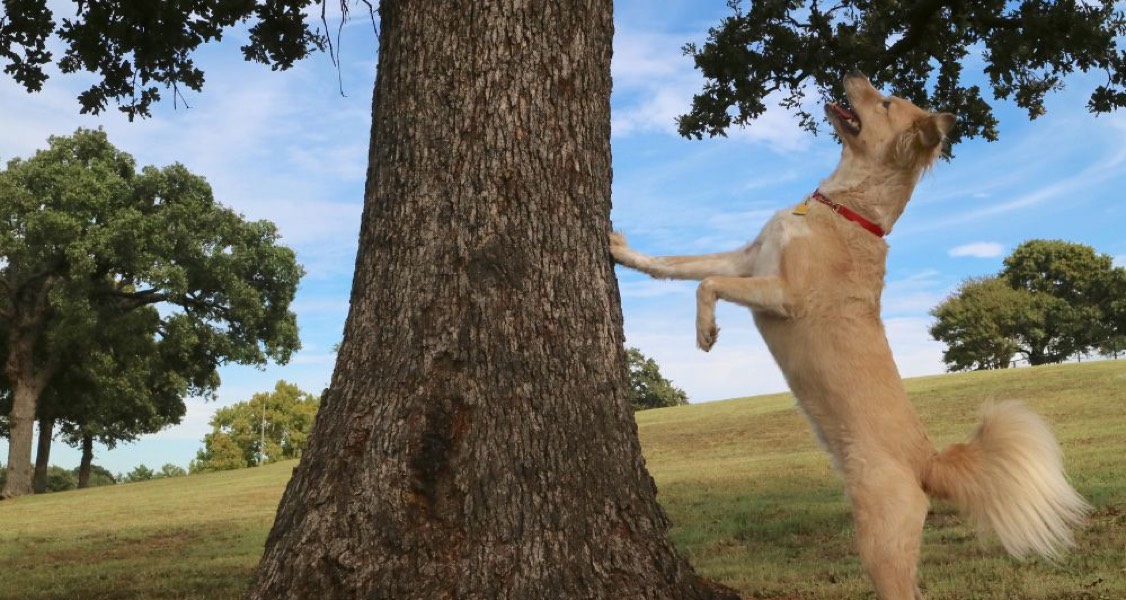The Dangers of Letting Your Dogs Chase Wildlife
Jun 2, 2025

When your dog chases wildlife, it might seem like harmless fun. However, the behavior carries significant risks for your pet, your local ecosystem, and even your community. The dangers of letting your dogs chase wildlife include harm to other animals, potential injuries to your dog, and disruption of natural habitats.
Below, we’ll break down these risks so that you can better protect your pet and the environment.
Risk of Injury to Your Dog
Wildlife encounters can be dangerous for dogs. Squirrels and raccoons may bite in self-defense, while larger animals like deer or coyotes can seriously injure a dog if provoked. Additionally, rough terrain during a chase could lead to injuries such as cuts, sprains, or fractures. The thrill of the chase is rarely worth the potential harm to your pet.
Disease and Parasite Transmission
Wild animals can carry diseases and parasites that pose serious health risks to dogs. Rabies, leptospirosis, and tick-borne illnesses are just a few examples. Dog owners may think their furry friend is safe, but contact with wildlife increases these hidden threats significantly. Taking precautions to prevent your dog from engaging with wildlife greatly reduces these risks. And it goes without saying that your dog should be up to date on its flea and tick preventatives as well as rabies shots, should any chance encounter with a wild animal introduce these parasites and pathogens.
Wildlife in Distress
Dogs, even the friendliest ones, are natural predators. Chasing wildlife can seriously harm small mammals, birds, and other creatures. Stress from the chase may lead some animals to abandon their nests or habitats, putting their young at risk. Wild animals already face challenges such as habitat loss, and added pressure from domestic dogs can significantly worsen the strain.
Maintaining Control of Playtime
Pet owners can provide safe and fun outdoor experiences for their dogs while preventing harmful behavior. Using a long lead or designating secure play zones ensures your dog remains safe while staying active in parks or during outside time. That isn’t to say that you can’t let your dog out to play and explore your property if they have the training necessary to stay safe with your supervision. If you own a large wooded area, using grapple rake attachments can help you clear brush and create more visibility that will help you keep an eye on your pet. Clearing brush and debris from your yard helps maintain a safe environment for your dog, reducing the risk of trips, falls, and potential injuries.
A Safer World for Pets and Wildlife
Protecting your dog and the environment doesn’t mean you have to limit their fun. By taking steps to manage their playtime responsibly, you reduce the dangers of letting your dogs chase wildlife. Always monitor your dog during outdoor activities and create a safe environment that allows them to explore. Achieving a balance between freedom and safety is key to a healthier, happier life for your pet and your local ecosystem.


Disclaimer: healthcareforpets.com and its team of veterinarians and clinicians do not endorse any products, services, or recommended advice. All advice presented by our veterinarians, clinicians, tools, resources, etc is not meant to replace a regular physical exam and consultation with your primary veterinarian or other clinicians. We always encourage you to seek medical advice from your regular veterinarian.

